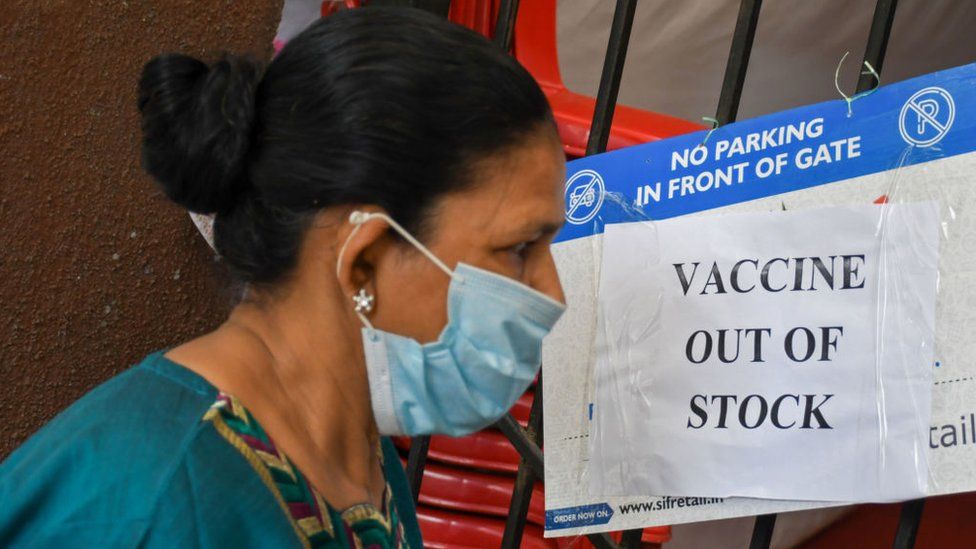
India began driving the vaccine in ทดลองเล่นสล็อตโรม่าฟรี January amid lower cases and little optimism.The nation's Serum Institute of India (SII), the world's largest vaccine producer, intends to supply most of the jabs as the country moves toward an ambitious goal spanning 250 million people by July.As part of a program run by the World Health Organization (WHO), India also exports vaccines to countries that need it.
But three months later, coronavirus cases and deaths rose sharply across the country, only 26 million people were vaccinated against 1.4 billion people, and about 124 million were given a single dose. Prime Minister Narendra Modi's government has abolished exports, accepting international commitments. Worse yet, the domestic vaccine stock is almost dry and no one is sure when it will arrive again.
How did India get here?
Demand increases when supply is scarce.As of Wednesday afternoon local time, like millions of Indians trying to register online for COVID - the vaccine portal and the app that came with it crashed.From May 1, India will open to around 600 million more vaccinations to cover 18-44-year-olds, but CoWin, a known platform, can't handle it.I'm stuck in the OTP cycle of horrors," said one 33-year-old while trying to register to jerk an OTP or a single-use password sent to a mobile phone number as India's online method of authentication. That is popular She had a series of messages with OTP, but nowhere to put the OTP.
Others haven't gone that far - soon #WaitingForOTP. Was popular on Twitter, and memes and jokes followed. The website is finally backed up - but to the disappointment of the more than 13 million people eventually registered, there isn't a single vaccine center with a slot for booking.This is just a fraction of the 600 million people who just qualify for the jerk. In addition, 200 million or more, 45 or more, have not received a second jab.Experts say the government should vaccinate people over 45 before they can continue to open, especially when supply is low. In fact, this appears to be a plan until April 6, when the health ministry said the move could not be "accelerated" alone and had not yet considered expanding to all adults.
It tends to be on the rise and incontinence in cases, and younger people are reported to be hospitalized more with severe symptoms leading to the decision.They should hold their feelings and focus on the loopholes, ”said economist Partha Mukhopadhyay.“ Now they [45+] have to compete with 600 million new demand. Since the announcement, people who missed a single dose or had been waiting in line at the center before their supply ran out, putting them at risk of infection.But that's not the only factor that puts India's vaccinations into chaos.
'It's a seller's market'
Until now, India's central government has been a certified purchaser of the two vaccines. Its sole proprietorship is Covishield, developed by AstraZeneca with Oxford University and produced by SII and Kovacin, produced by local Bharat Biotech company.But it has now opened the market to not just 28 state governments, but also private hospitals, which anyone can negotiate and buy directly from both vaccine manufacturers. And they have to pay more.The federal government still gets a 50% stake for 150 rupees ($ 2; £ 1.40) per drug, but the state pays twice that and as many as eight times as many private hospitals - all while competing with the other half. The rest
6,103,124 total views, 784 views today
